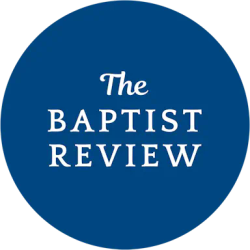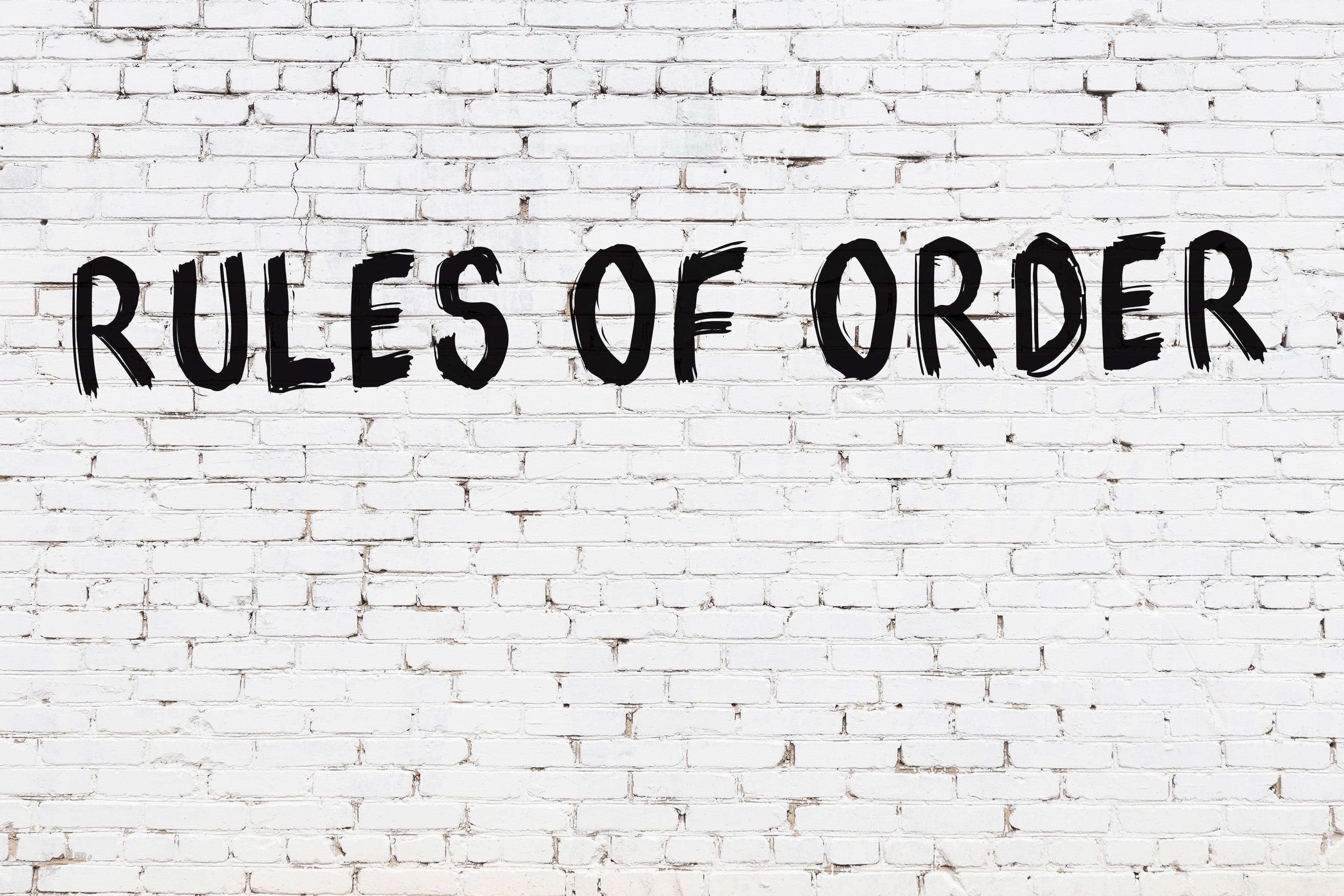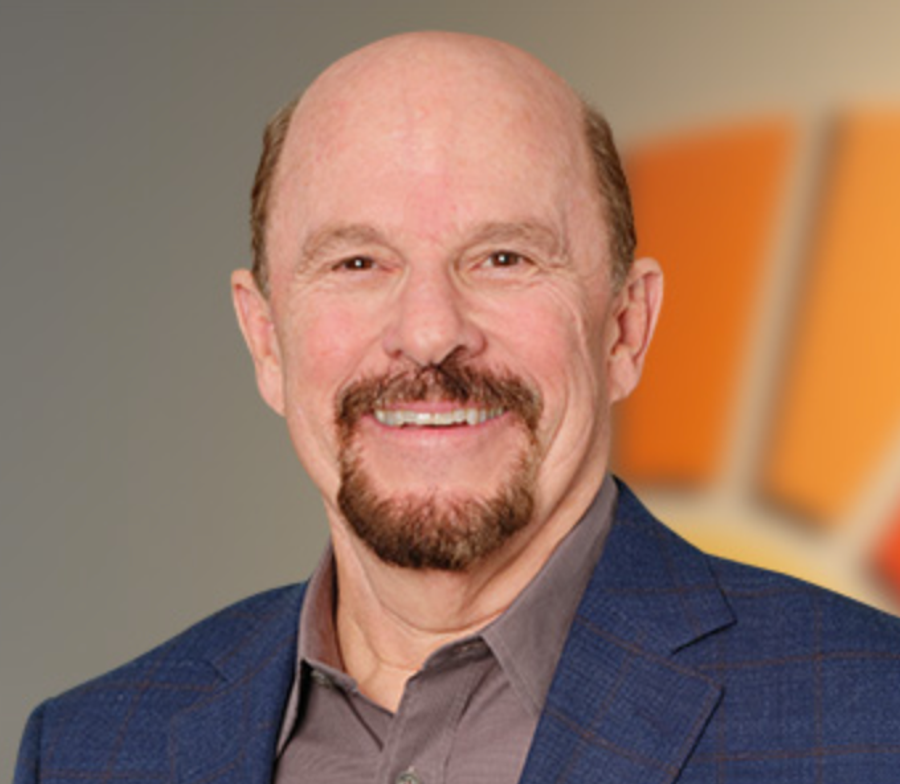I was alone on the platform of the SBC annual meeting in Orlando early on a Tuesday morning in June of 2010 when a man came up to me wondering if he could ask me a question. Sure, I said.
“Are you security?”
“No, but how can I help you?”
“I need to know how to make a motion,” he answered.
Little did he know he had come to the right person. I was the only one there, but I was the right one to ask because for the very first time I was serving as the assistant parliamentarian.
As I look back on that morning, I’m reminded of many times since then I have answered questions about parliamentary issues in churches across multiple states, in phone calls, via email, and on the stage of annual meetings for state conventions and the SBC. My role at the SBC annual meeting has expanded to help in other parliamentarian issues, but I still enjoy my role as the “People’s Parliamentarian.”
As we approach our gathering in Indianapolis next month, you may have questions on how to navigate the business session of the annual meeting. It’s important to note that, due to the convention’s standing rules and how motions and microphones are handled, what we do every June is different than the traditional business meeting of a local church. Every year, I see people get frustrated by processes that are simply unfamiliar to them. So as I try to help clarify some things, let’s begin by looking back.
History of the Annual Meeting Business Sessions
The first ever meeting of the Southern Baptist Convention was held May 8-12, 1845. These events were held every 2-3 years until 1870, when they began to be held annually. Even from the first meeting, there were “rules of order” that were adapted from the Rules of Common used in government proceedings. These rules were designed to allow decisions to be made and voted on by the messengers.
In 1876, after being asked to guide a meeting at his church, Henry Martyn Robert published the first edition of Parliamentary procedure. It is known today as Robert’s Rules of Order.
The point of these procedures developed by Robert were to guide a group through a process of making decisions. It also allows for the rights of all members to be protected. Some of the simple rules are that one person speaks at a time; no one speaks to another person in the room; and only registered messengers get to vote. The location and schedule change each year, but the purpose of the annual meeting has stayed the same: to conduct business, elect officers, set budgets, hear reports, and commission missionaries.
This year's annual meeting is set for next week, June 11-12, in Indianapolis, Indiana, and as always there will be several business sessions. The principle of following a set of rules has been with us from the beginning, but don’t let that discourage you. To help you get ready for the business sessions, here are some things to know to make the most of your rights as a messenger.
Standing Rules
These are rules that have been adopted over the years by the Southern Baptist Convention to keep things in order, and though they are simple, they are very important. In fact, this year we will consider adopting a new standing rule, which will require a vote of the body at the beginning of the meeting. Our current standing rules include:
1. A messenger may only seek to speak by presenting a motion; speaking for or against a motion; presenting an amendment; or calling for a point of order. (A point of order is not to be used to skip the line, but to question when a rule has been broken).
2. A person can speak no more than 3 minutes when allowed to speak for or against a motion.
3. A person can only make one motion per business session unless there is no other messenger wanting to make a motion.
Making motions
All action from the floor starts with understanding the microphones. All motions are made from a microphone from the floor, each of which has a number. As people line up by the microphones, a monitor will be there to assist. Each microphone is connected to a box on the platform that records when the button to make a motion is pressed. As the president calls on various speakers to make a motion or speak for and against motions, he will call on the speakers in the order in which they registered their request. Because of lighting and distance, the president can’t see who is at the microphone, so he has no idea who is about to speak. It is a very fair way to make sure each person has a fair chance to be heard.
Type your motion or prefile the motion on the SBC App
This will help the people see what you want them to consider. If you are not able to do it before you make your motion, make sure you write it out (legibly) before you leave the microphone area. Typing it in advance and prefiling it is the easiest and best way to ensure nothing is lost in translation. And remember, keep it simple. A page will take the copy of your motion to the platform so the motion may be entered into the record by the Recording Secretary. If a page is not at the microphone when you present your motion, wait there until one has been summoned by the microphone monitor.
Speaking to a motion
When the president recognizes your microphone, you are required to say your name, the name of the church you’re representing as a messenger, and your church’s city and state. Then briefly state your motion. In this case “less is more,” so try not to overstate the issue. Don’t include your reason for the motion—just state what your motion is.
You will not speak to the reason for your motion at this time. Avoid words in your motion that demand or insist or require a group to do something. Lean on words such as “request” or “report back to the body of messengers.” If there is anything that causes a motion to be set aside, it is how it is asked. The parliamentarians will seek to help a messenger state his or her motion correctly, so if you have any questions before the business sessions you can make your way to the platform and ask a security person for a parliamentarian. We are more than willing to help messengers.
Unlike your church, where a motion is taken and then discussed on the spot, at the annual meeting that method would not allow multiple motions to be handled.
All motions are taken and then the officers and Committee on Order of Business will review them at a later time. The Committee on Order of Business decides which ones are to be discussed at the next business slot, which ones are ruled out of order, and which ones will be referred to an entity for their trustees to handle. If they are referred, the trustees from that entity must bring back a report at the next convention on what happened to that motion.
In a report, the Committee on Order of Business will advise the messengers of the disposition the Committee proposes as to each of the motions made, at which time the Convention may take action on those proposals.
The titles of motions and the names and states of their presenters will be included in Wednesday’s daily bulletin. During the time slot when a motion is to be discussed, the person who made the motion gets to speak first and can explain why he or she made the motion.
Voting
It goes without saying that only registered messengers can vote. Keep in mind that if you lose your ballots they will not be replaced, so be sure to put your name and phone number on your ballots.
Some votes are taken just as a raised ballot. The President and parliamentarians will determine if there is a simple majority for or against. In other votes there will be a written ballot collected. Our Registration Secretary, Don Currence, will remind you of this next when when it comes time to vote with a marked ballot, but be sure to select the right ballot. Every year we have people whose votes don’t count because they used the wrong ballot, so don’t be one of them.
This year we will have a vote on a constitutional amendment that requires what is called a “super majority,” which means 2/3 of the messengers must vote for it in order for it to pass. It is a second vote on this item since it takes two successive years to make any amendments to the Constitution.
There will also be a presidential election with six candidates this year, tying a convention record for the highest number of presidential candidates. In order to win one candidate has to have more than 50%. If no candidate reaches that threshold, the lowest number of candidates it takes to reach 50% or more of the votes will be on the subsequent ballot.
I hope I have answered at least some of your questions and pointed you in the right parliamentary direction. If you have more questions, I would love to help. I will always remember that my first official action I did as a parliamentarian was to answer a question, and I’m still in the business of answering questions. I hope to see you next week in Indianapolis!
Editor's Note: As a part of its commitment to fostering conversation within the Southern Baptist Convention, the Baptist Review may publish editorials that espouse viewpoints that are not necessarily shared by the TBR team or other contributors. We welcome submissions for responses and rebuttals to any editorials as we seek to host meaningful conversations about the present and future of our convention.

Join the Baptist Review for our Presidential Forum in Indianapolis on Monday, June 10 at 9pm. Registration is required for attendance.


